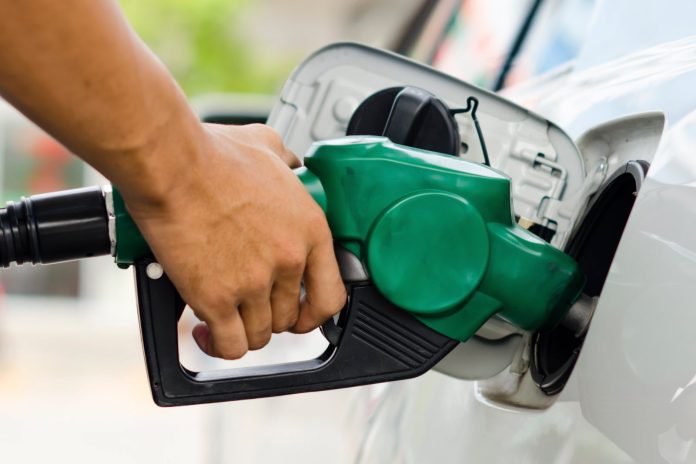Morocco’s fuel market experienced a notable shift in the second quarter of 2025, with import volumes climbing even as overall purchase costs declined. According to the latest report from the Competition Council, this seemingly contradictory trend stems from falling global fuel prices—an evolution that has reduced tax revenues but hasn’t translated fully to consumer prices at the pump.
Between April and June, Morocco imported approximately 1.72 million tonnes of diesel and gasoline, marking a 4.2% increase over the same period last year. Yet despite higher volumes, the total value of these imports dropped by 22%, amounting to just under 10.93 billion dirhams. Diesel remained the dominant fuel, accounting for a staggering 87% of all imported volumes.
Nine major fuel companies, which the council monitors closely, handled the majority of these operations, concentrating 81% of the imported volume and 80% of the total value. However, their individual import volumes saw a slight dip of 1.4% to 1.38 million tonnes, while the value of their imports tumbled by 26.6%, highlighting the steep fall in international prices.
These lower prices also took a toll on government revenues. Combined receipts from the domestic consumption tax (TIC) and VAT amounted to 7.17 billion dirhams—slightly down from last year. While TIC levels remained stable, VAT collections declined by nearly 15%. The nine key companies alone contributed over 80% of these revenues, at 5.81 billion dirhams.
Logistically, the sector held steady. Storage capacity remained fixed at 1.57 million tonnes, with the same nine firms controlling 81% of that infrastructure. Meanwhile, Morocco’s fuel retail network continued to grow, reaching a total of 3,617 gas stations—2,562 of which are operated by the primary distributors.
On the consumption front, Moroccans used around 1.88 billion liters of fuel during the quarter, a 3.8% increase in volume. However, this uptick in demand coincided with a 12.8% drop in the market’s total value, which stood at 17.27 billion dirhams. Diesel remained the country’s most-used fuel, representing 85% of total sales.
Pump prices largely followed international price trends. Refined diesel’s global benchmark price fell by 0.73 dirhams per liter between April and June, while its average retail price dropped by 0.82 dirhams. Gasoline’s global pricing was virtually unchanged, dipping just 0.03 dirhams per liter, but its average retail price still decreased by 0.65 dirhams.
Despite the drop in global costs, those savings were not fully passed along to gas stations. The wholesale cost of diesel, for instance, dropped by 0.98 dirhams per liter, but only 0.47 dirhams were reflected in the transfer price to retailers. Gasoline showed a similar pattern, with a 0.29 dirham gap between cost reduction and price adjustment.
Finally, gross profit margins for fuel distributors remained steady. Companies earned an average of 1.17 dirhams per liter of diesel sold, and 1.83 dirhams for gasoline—virtually identical to profit levels from the same period a year earlier.





